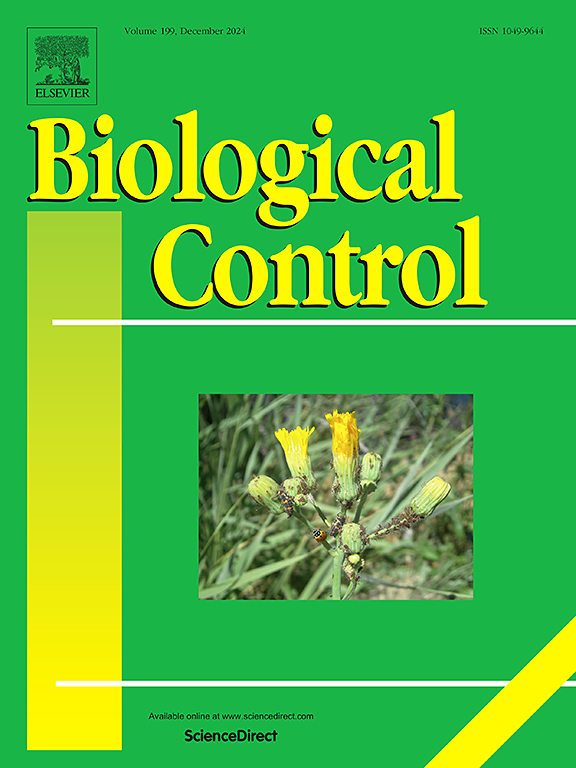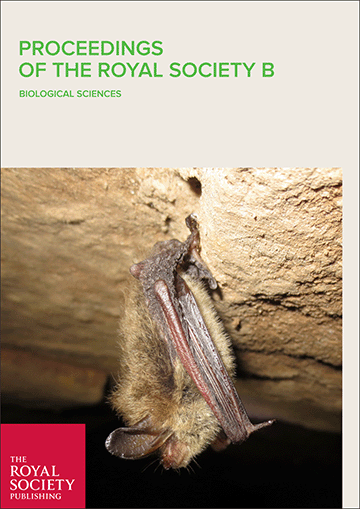Forest restoration has been proposed as a scalable nature-based solution to achieve global environmental and socio-economic outcomes and is central to many policy initiatives, such as the Bonn Challenge. Restored forests contain appreciable biodiversity, improve habitat connectivity and sequester carbon. Incentive mechanisms (e.g. payments for ecosystem services and allocation of management rights) have been a focus of forest restoration efforts for decades. Yet, there is still little understanding of their role in promoting restoration success. We conducted a systematic literature review to investigate how incentive mechanisms are used to promote forest restoration, outcomes, and the biophysical and socio-economic factors that influence implementation and program success. We found that socio-economic factors, such as governance, monitoring systems and the experience and beliefs of participants, dominate whether or not an incentive mechanism is successful. We found that approximately half of the studies report both positive ecological and socio-economic outcomes. However, reported adverse outcomes were more commonly socio-economic than ecological. Our results reveal that achieving forest restoration at a sufficient scale to meet international commitments will require stronger assessment and management of socio-economic factors that enable or constrain the success of incentive mechanisms.
DOI:
https://doi.org/10.1098/rstb.2021.0088
Altmetric score:
Dimensions Citation Count:
























